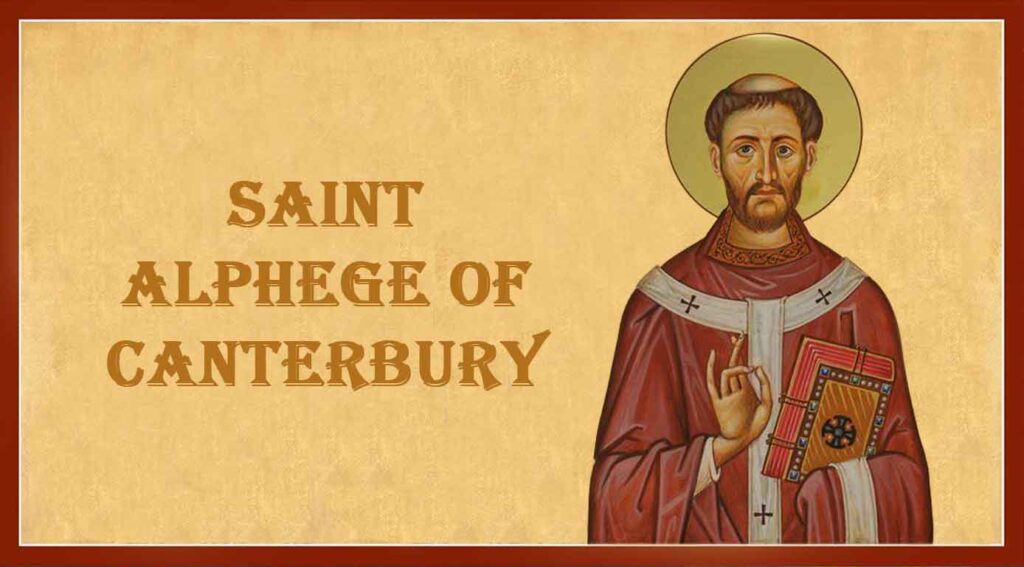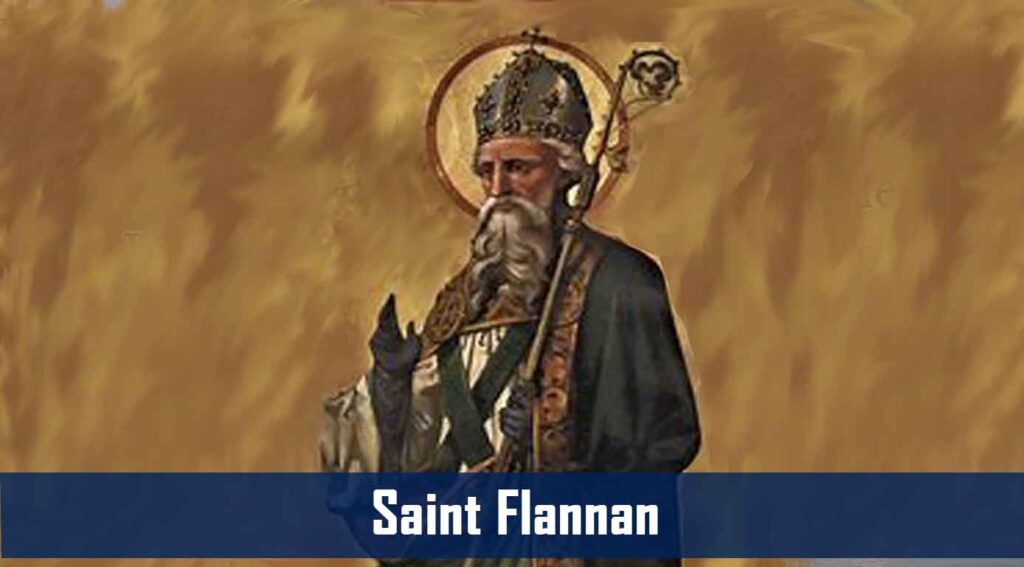Saint Alphege of Canterbury was born around 953. He was an Anglo-Saxon Bishop of Winchester, later Archbishop of Canterbury. He became an anchorite before being elected abbot of Bath Abbey.
Saint Alphege became a monk early in life. He first entered the monastery of Deerhurst, but then moved to Bath, where he became an anchorite. Probably due to the influence of Dunstan, the Archbishop of Canterbury, he was elected Bishop of Winchester in 984 and was consecrated on 19 October that year.
While bishop he was largely responsible for the construction of a large organ in the cathedral, he also built and enlarged the city’s churches, and promoted the cult of Swithun and his own predecessor, Æthelwold of Winchester. While at Canterbury, he promoted the cult of Dunstan, ordering the writing of the second Life of Dunstan, which Adelard of Ghent composed between 1006 and 1011. He also introduced new practices into the liturgy, and was instrumental in the Witenagemot’s recognition of Wulfsige of Sherborne as a saint in about 1012.
In 1011, the Danes again raided England and Saint Alphege was taken prisoner and held captive for seven months. He refused to allow a ransom to be paid for his freedom, and as a result was killed on 19 April 1012 at Greenwich.








